Development of entrepreneurship skills in a practice enterprise

Organisation and country where the good practice has been implemented: Kauno technikos profesinio mokymo centras/ Kaunas technical vocational education centre
Title: Development of entrepreneurship skills in a practice enterprise (also known as virtual enterprise)
Main Theme/Area of intervention: Entrepreneurship
Main objectives: To develop practical entrepreneurship skills and to use realistic business tools, to cooperate with national and international practice companies, to communicate and to develop English language skills, to participate in national and international fairs of practice enterprises, to develop skills of working in the team as well as working independently and to develop skills of leadership.
Target groups addressed: Students running the practice enterprise work in four departments: human resource, sales and marketing, purchase and accounting departments. A teacher is the leader of the enterprise, guiding the trainees as employees and assigning tasks to students. Students work in each department for a certain period of time and in the end of it teachers evaluate their abilities.
Main activities necessary for its realisation: A practice enterprise is a virtual company that is run like a real business simulating business procedures, products and services of a real enterprise. Students here are trained to work in a work-based environment and to use realistic business tools. This model of enterprise and learning allows students to integrate a great variety of school subjects such as knowledge of foreign languages, skills of mathematics, economics, logistics and accounting. A practice enterprise is a practical training tool and a place for students to work and learn. It has four departments: human resources, sales and marketing, finances and accounting. It is a real enterprise with financial documents, agreements, tax rates. An enterprise operates under the laws of the Republic of Lithuania. The only difference is that there are no tangible goods (they exist in documents only) and money is not real (they exist only in imitational bank reports and accounting documents). Students are employed in different departments, but the work is organized in such a way they have an opportunity to work in all departments. All practical training activities are led by qualified teachers who prepare learning material and evaluate students.
Experience gained in a practice enterprise can be applied participating in national and international fairs, where the company is introduced, cooperation agreements are signed and contacts are made.Practice enterprises are oriented towards cooperation with real companies since the business environment is changing fast and practical training has to respond promptly.Practice enterprises operate in all levels of educational institutions in Lithuania: vocational schools and gymnasiums, public and private colleges where future business management specialists are trained.
Results achieved: This model of practice enterprise in Lithuania is easily adapted to the target group and their interests. It is a perfect starting point to find a suitable employment, to establish your own business and/or to start a career. This kind of module is completed by about 20 students every year who receive a certificate. Certificates are also awarded to students who attend national and international fairs of practice enterprises.
Innovation: Skills and experience gained during the year are evaluated at the end of the school year during the fair of practice enterprises.
Transferability: Practice enterprises are registered in various national educational institutions, e.g., in secondary schools, VET schools and gymnasiums as well as at universities and colleges.
Impact: Organisation
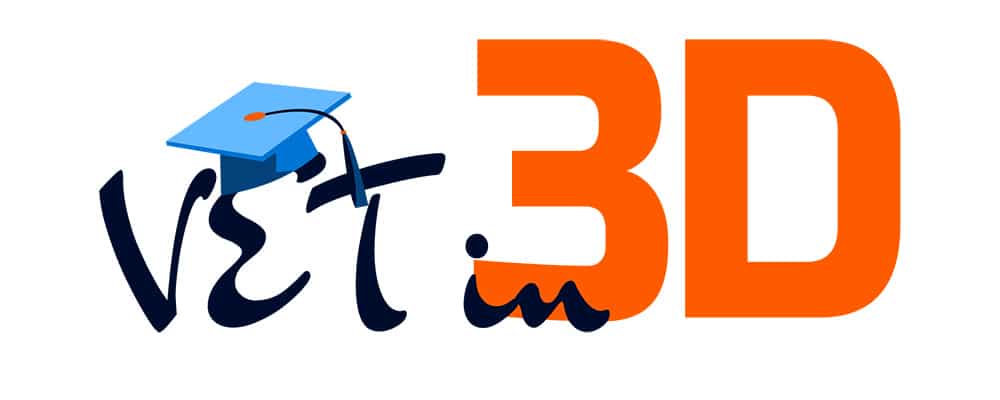
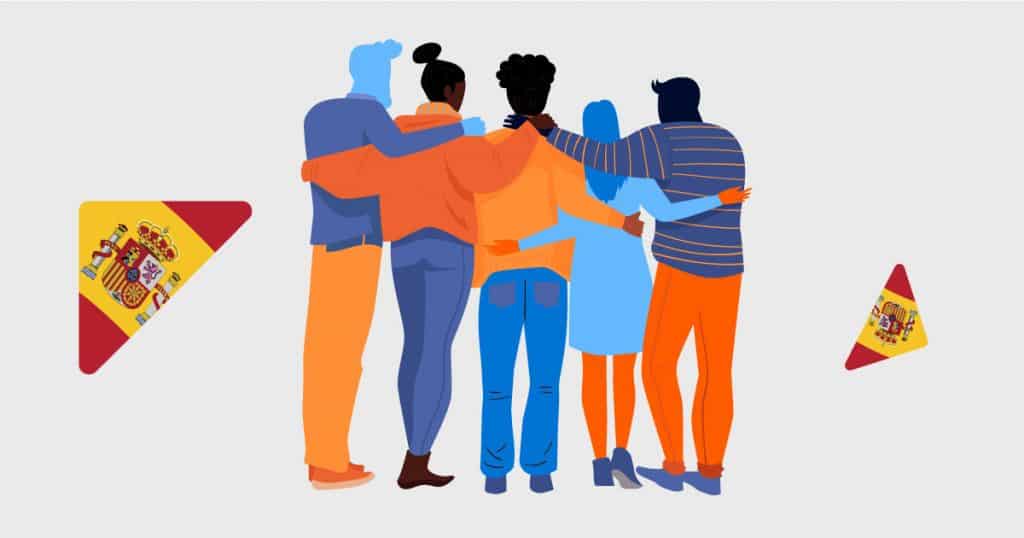
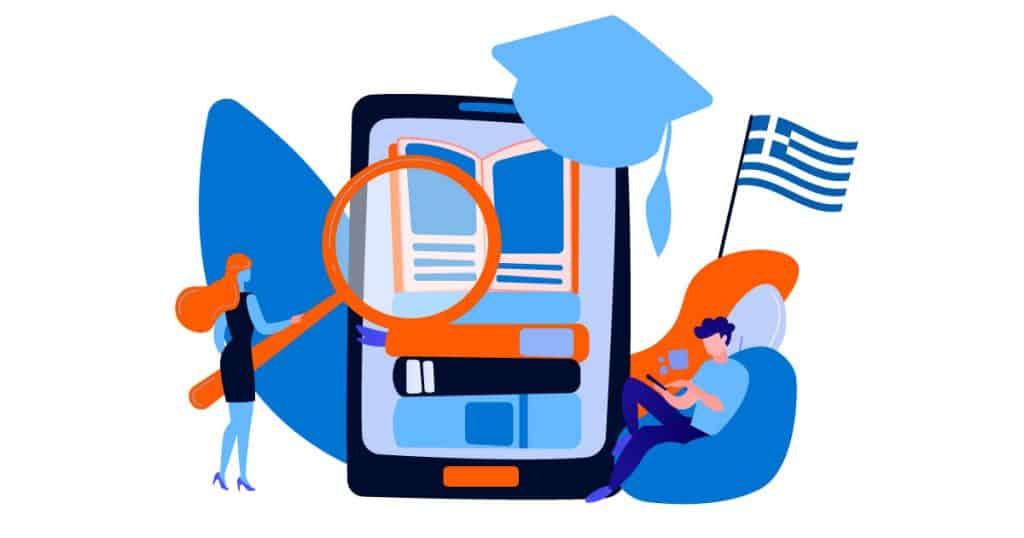


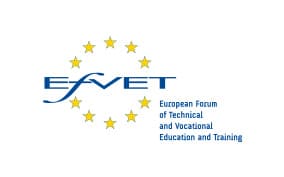
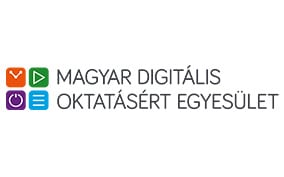

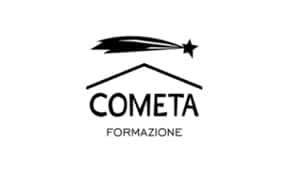
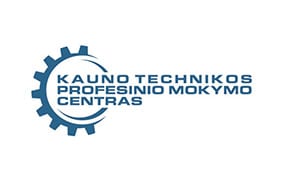
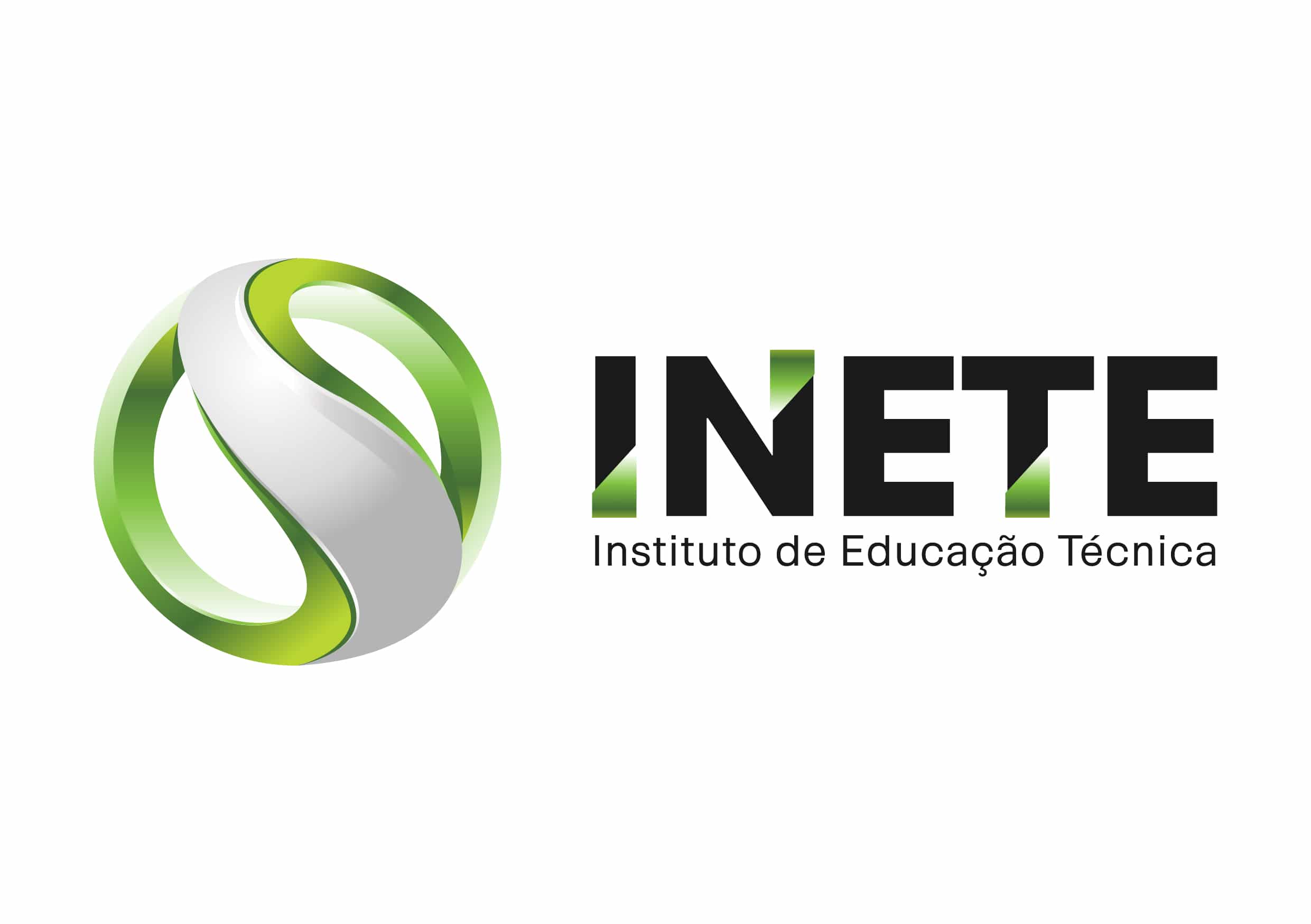



Wow, fantastic weblog layout! How lengthy have you been blogging for?
you make blogging glance easy. The total look of your site
is magnificent, let alone the content! You can see similar here najlepszy sklep